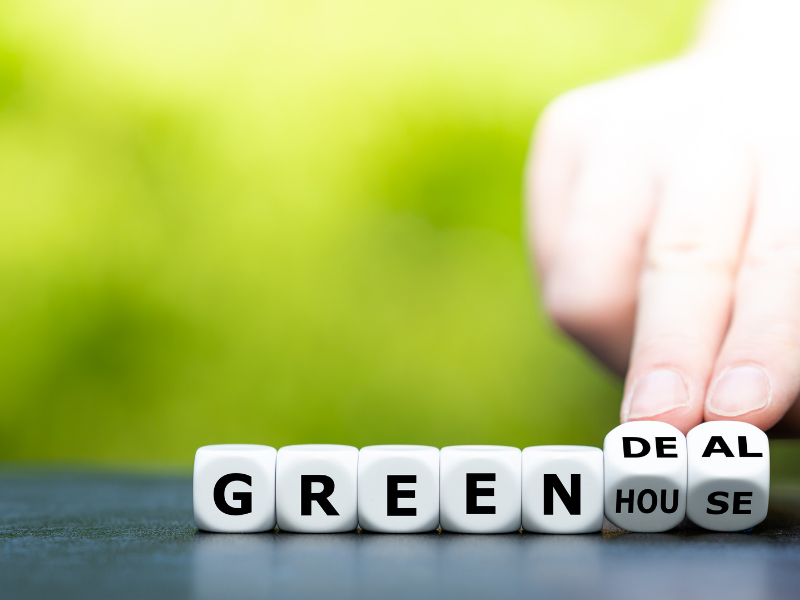What is the Green Deal?
The term "Green Deal" generally refers to policies and initiatives related to environmental friendliness and sustainability. This concept typically represents a strategy that outlines a society's, a country's, or an organization's commitments and goals regarding environmental issues. The Green Deal aims to have a positive impact on environmental issues such as climate change, natural resource utilization, energy efficiency, and waste management.
One prominent example of the Green Deal is the European Union's "Green Deal." Introduced in 2019, the EU's strategy sets goals for the bloc to become carbon-neutral in the fight against climate change by 2050, make energy systems sustainable, and increase environmental sustainability. The Green Deal seeks to combine economic growth with environmental sustainability.
The key components of the Green Deal generally include:
- Climate Goals: Objectives such as reducing carbon emissions, achieving carbon neutrality, and transitioning energy systems to renewable sources.
- Sustainable Transportation: Strategies for sustainable transportation, including promoting public transport, encouraging bicycle use, and transitioning to electric vehicles.
- Green Infrastructure: Improvements in sustainable energy infrastructure, energy efficiency measures, and green building standards.
- Agriculture and Food Security: Sustainable farming practices, effective management of food resources, and support for farmers.
- Biodiversity and Ecosystem Protection: Conservation of natural habitats, increasing biodiversity, and strengthening ecosystem services.
The Green Deal encourages policymakers, businesses, and communities to collaborate around a common vision to ensure environmental sustainability. Such strategies require a comprehensive effort for a transition to a sustainable future from both environmental and economic perspectives.
